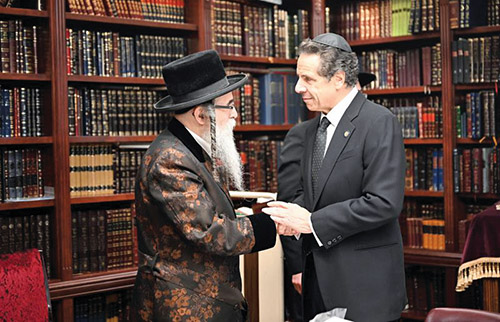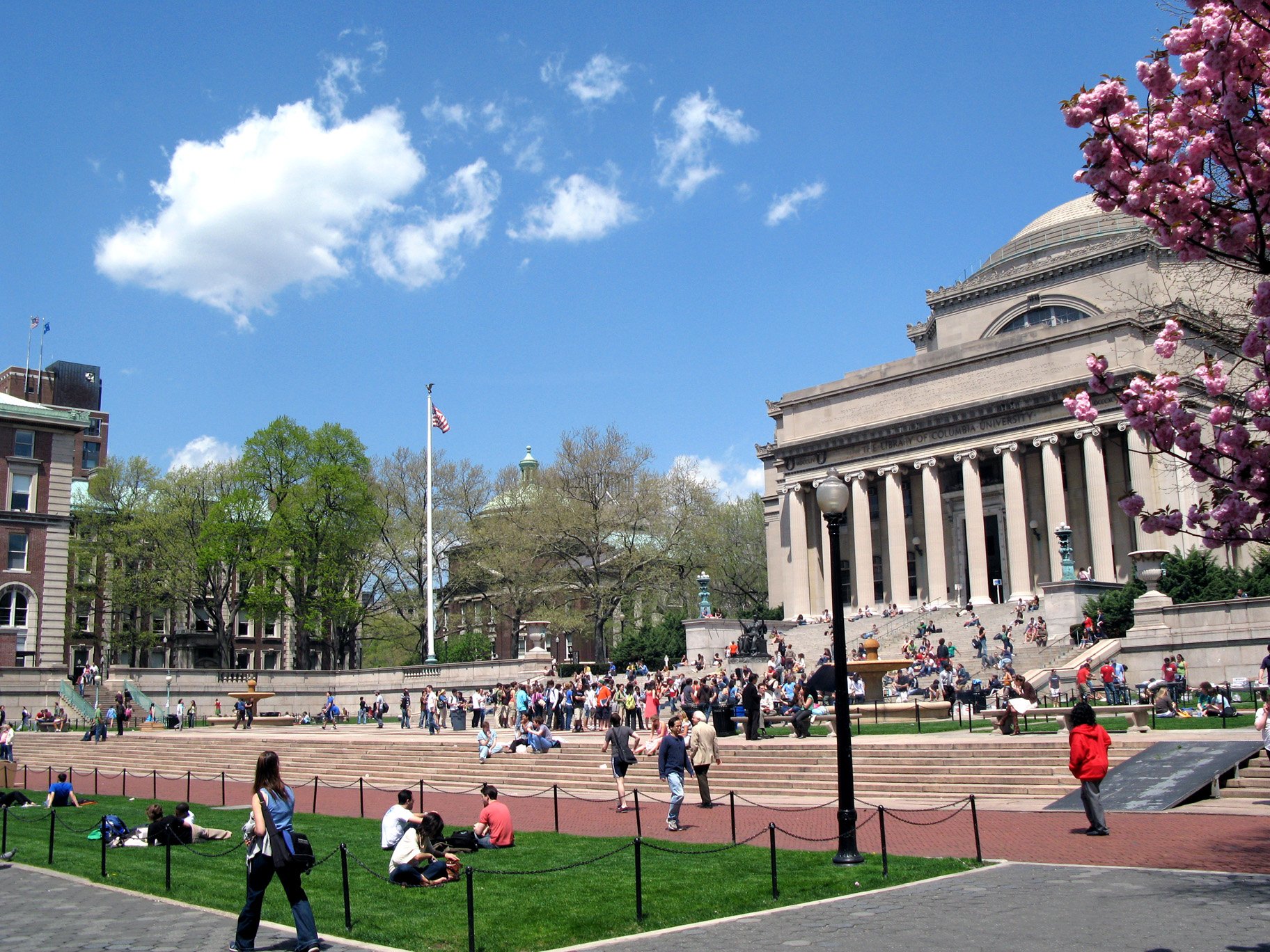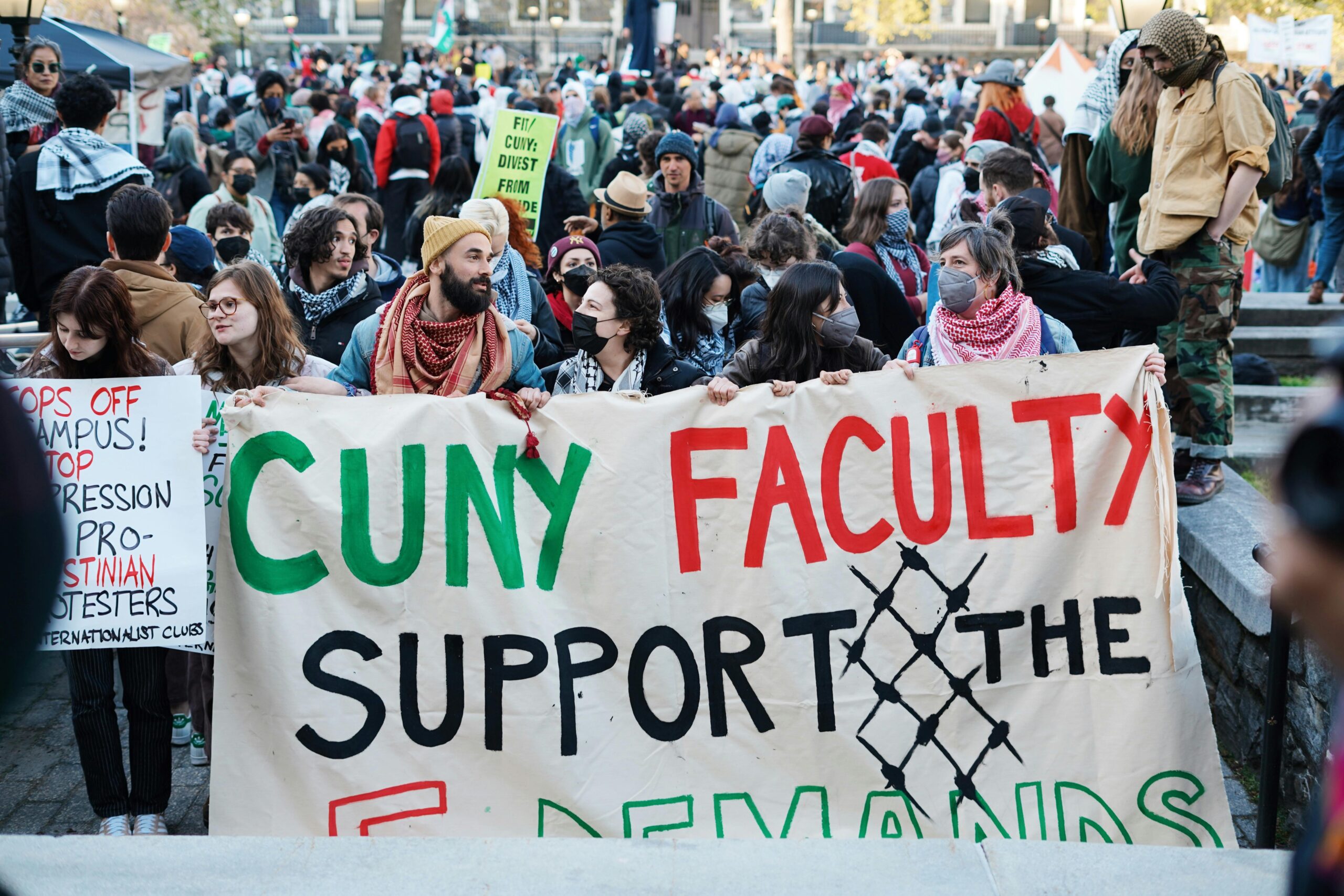
After each anti-Semitic attack, Jews seem to get weaker and more vulnerable. One reason is that instead of taking real action, we prefer to complain and release cliché-ridden statements expressing our “outrage.”
If you have a political agenda, such loud condemnations can be useful. If a white supremacist attacks Jews, Trump-hating Democrats will be all over it. If the attacker is Islamic or from the left, Republicans will feast.
Remember when anti-Semitism used to bring Jews together by uniting us against a common enemy? What happened? Vicious, partisan politics happened. In these days of political trench warfare, the essential question has become: How can we use this incident to help our side and hurt the other side?
The recent string of attacks in New York City by blacks against Orthodox Jews doesn’t fit into a neat political narrative. Had the perpetrators been white supremacists, you can be sure the mainstream media would have gone into overdrive.
Progressive activist Rabbi Shmuly Yanklowitz posed this question on Facebook to his comrades: “Do you only rally against acts of hate against minorities if done with a gun & done by a white supremacist (i.e. fits the set narrative)?”
In any event, it seems as if we’ve reached a tipping point with the Saturday night attack in Monsey against Orthodox Jews celebrating Chanukah. Coming on the heels of similar assaults over the past couple of weeks, there are signs that diverse groups are trying to put politics aside and saying: “OK, enough is enough.”
The real question is: What will we do? Will we continue to settle for empty statements of condemnation, demanding that “this must stop”? Will activist groups feast on the fundraising boost triggered by fear? Will we put all the responsibility on the government to protect us?
It’s fine to demand more from law enforcement, but that only goes so far. You can’t put a guard in front of every Jewish house. Faster response times don’t help when the violent act has already been committed. Certainly, authorities can do a better job of tracking hate speech and trying to anticipate hate crimes, and legislators can strengthen the laws. And let’s not forget everyone’s favorite word—education. Yes, I dream of the day when education will make people stop hating Jews.
But let’s be realistic: No matter what we do, no matter how many task forces we launch and “state of emergencies” we declare and community security initiatives we promote, Jews will still be vulnerable targets.
This is especially true for the large, visible Orthodox community in the New York area, who have become virtual sitting ducks. In an open society where millions of people can circulate freely, it’s unfair to expect authorities to protect each individual Jew.
That’s why Jews must learn to better protect themselves—personally and physically. They must learn self-defense. It’s as simple, and painful, as that.
Most of the recent attacks in New York have used knives and fists rather than guns. A self-defense technique like Krav Maga could be invaluable both to counter and deter such attacks. There are many other techniques. The point is, we need to put individual self-defense on the communal agenda.
Look at Israel: Is there a nation in the world that has faced more anti-Semitism? The Jewish state has survived for so long because it has understood that bullies are stopped not by reason but by force. It’s not pretty, but it’s reality.
It would be more civilized, and more appealing, if anti-Semitic attacks in the United States could be eradicated through regular channels such as our security and legal establishments and our various communal institutions. But they can’t do it alone. There are simply too many targets.
We can do our share by strengthening these human targets and making them less vulnerable. If Torah study makes us stronger, well, so does Krav Maga.
David Suissa is editor-in-chief and publisher of Tribe Media Corp and Jewish Journal. He can be reached at [email protected].
This article was first published by the Jewish Journal.
By David Suissa/JNS.org













